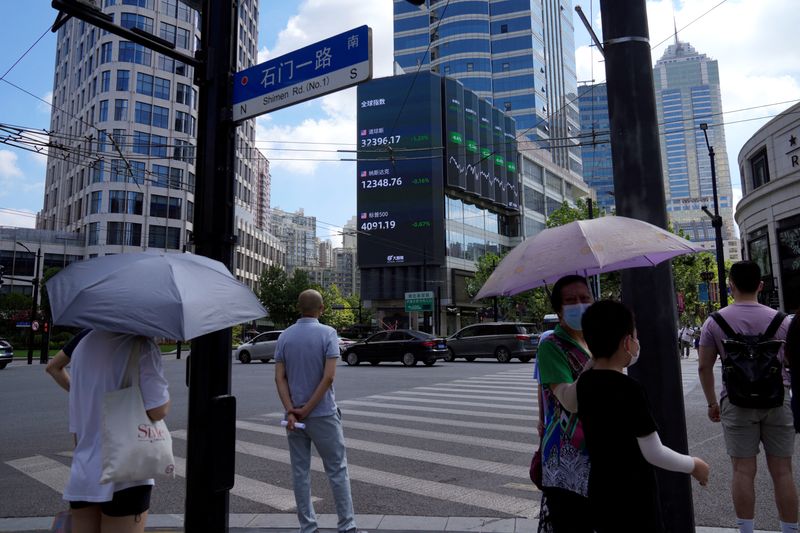Collapsed stocks forced Bank of Japan to change policy
2022.12.20 08:09
[ad_1]

Collapsed stocks forced Bank of Japan to change policy
Budrigannews.com – Stocks around the world fell on Tuesday as investors who were already worried about the economic effects of rising interest rates and uncontrollable inflation were rattled by a change in policy made by Japan’s central bank.
The Bank of Japan (BOJ) broadened the passable band for long haul respects 50 premise focuses either side of its 0% objective, from 25 premise focuses already.
The yen rose immediately in response to the policy decision, falling 0.80 percent to 103.95, a six-month low. Under 0.25%, US stock futures traded lower and slightly flat.
European stock markets fell to their lowest levels in six weeks, with the benchmark indices in Germany, France, and London both losing as much as 1%.
The yields on 10-year government bonds in the Eurozone and Japan both reached their highest levels since 2014. When bond prices fall, yields rise.
Tatjana Puhan, the deputy chief investment officer at TOBAM, a Paris-based asset management company, stated that investors have required time to process the series of rate hikes announced last week by central banks such as the Bank of England, the European Central Bank, and the United States Federal Reserve in particular.
According to Puhan, “Markets didn’t want to believe it, but this move by the BOJ emphasizes that central banks remain concerned that inflation will remain high.”
In spite of a rise in domestic and international inflation, the BOJ has been buying billions of dollars’ worth of government bonds on a regular basis to maintain low long-term interest rates.
Puhan suggested, “Think of the scenario where we go into a recession and inflation stays higher.” She advised long-term investors to prepare for additional downside because they were uncertain whether Tuesday’s market movements would have a snowball effect or were just a brief shock.
According to Puhan, investors were also focused on rising COVID cases, which threatened to slow China’s reopening to the rest of the world after nearly three years of lockdowns. Further lockdowns that might compromise China’s growth would have a long-lasting effect on the world economy, he said.
“A lot of American businesses produce in China and rely on the supply chain there. Puhan stated, “This cannot be changed overnight.”
However, the lack of liquidity in today’s markets should be taken into consideration, according to TD Securities’ global macro strategy head James Rossiter.
“There must be a many individuals on vacation saying, ‘Stand by, this shouldn’t have occur’,” he said.
Rossiter highlighted BOJ Lead representative Haruhiko Kuroda’s discourse wherein he said the arrangement change was “pointed toward further developing business sector works” and was “not a financing cost climb.”
Other currencies suffered as a result, with the euro and pound losing more than 3.5 percent against the yen.
Thus, the benchmark file drooped 2.71% in the wake of exchanging a positive area prior in the day, while U.S. stock prospects fell somewhere in the range of 0.1% and 0.2%, recommending an unassumingly more vulnerable beginning to exchanging.
More 3M Co to stop manufacturing PFAS
Oil prices increased by 0.20 percent to $79.95 per barrel and by 1.3% to $76.19.
grew by 1% to approximately $1,805 per ounce as a result of the weakening dollar. GOL/]








